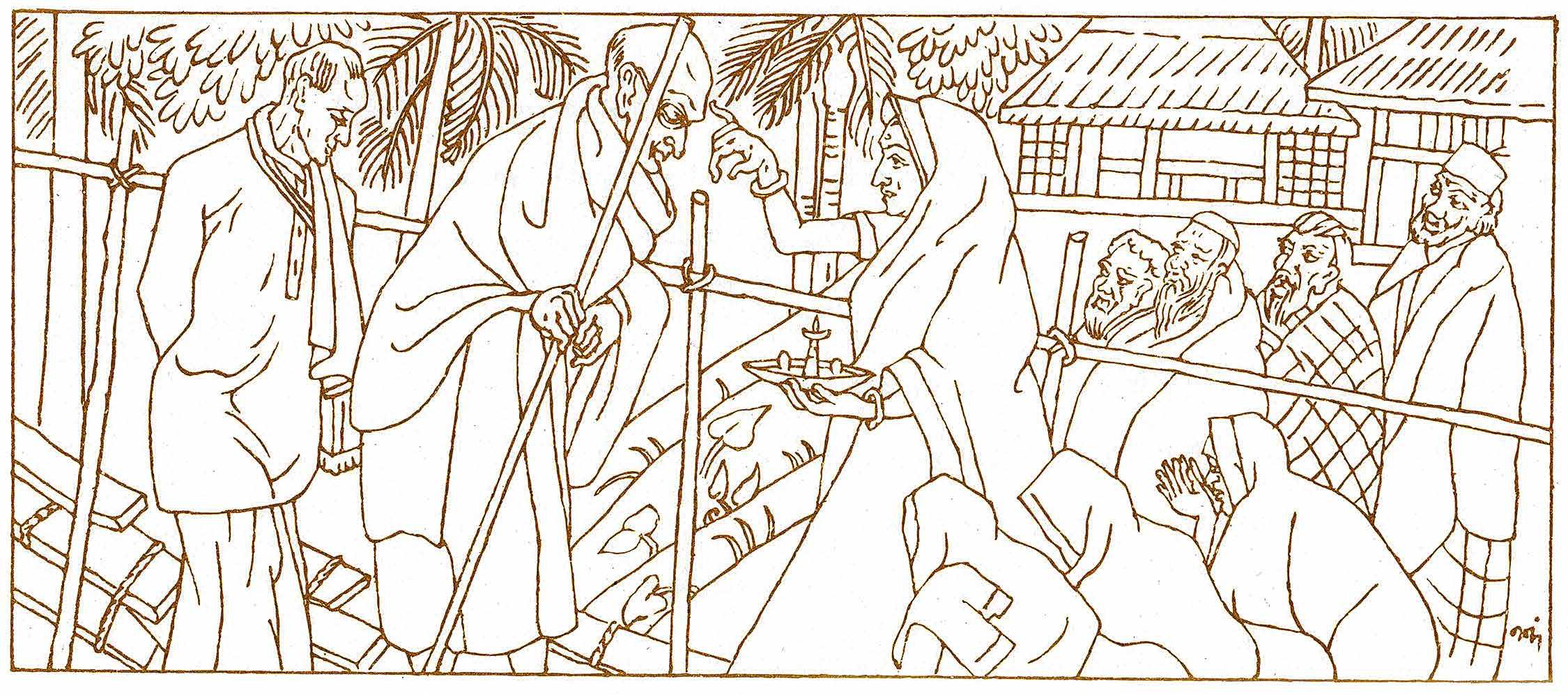
EVEN before a holier-than-thou Narendra Modi government declared June 25 as 'Samvidhaan Hatya Diwas' to mark the imposition of the Emergency by the Indira Gandhi government on that day in 1975, there has been total unanimity that it was a rotten enterprise.
If there were any differences among scholars and partisans, these were to do with what was the dark side and what were the darker aspects of the Emergency. It is mostly agreed upon that the dark side included the suspension of fundamental rights, press censorship, the arrest of Opposition leaders, etc., whereas the darker side had to club the extraconstitutional power exercised by Sanjay Gandhi and his goonish aides. As it happens in all political debates over history, the villains are easily identified as are the heroes.
But even after nearly 50 years, we are nowhere near any understanding of the nature of the breakdown of normal politics that led to that midnight denouement on June 25, 1975.
It is helpful to keep in mind that the "JP Movement" was the first instance of mass mobilisation aimed at a regime change. Prior to the 1974-75 invocation of street power, the Indian State had faced only limited mass agitation. Early in the life of free India, there was the Vishal Andhra agitation; then the demand for bifurcation of Bombay between Gujarat and Maharashtra; and, later, the anti-Hindi agitation in south India. Each of these mass eruptions could be successfully dealt with because each was based on a clear-cut demand that could be conceded. The JP Movement, on the other hand, was expressly seeking a "total revolution".
This story is from the October 01, 2024 edition of Outlook.
Start your 7-day Magzter GOLD free trial to access thousands of curated premium stories, and 9,000+ magazines and newspapers.
Already a subscriber ? Sign In
This story is from the October 01, 2024 edition of Outlook.
Start your 7-day Magzter GOLD free trial to access thousands of curated premium stories, and 9,000+ magazines and newspapers.
Already a subscriber? Sign In

Soft Ruins
'Soft Ruins' is a chapter within the long-term ongoing project \"When Spring Never Comes\", an expansive exploration of memory, identity and displacement in the aftermath of exile within contemporary global politics. It reflects on how the journey as an asylum seeker in Europe mirrors the instability and threats of life under dictatorship, amidst rising right-wing movements and shifting power dynamics, where both certainty and identity are redefined

Building Beyond Homes: Provident Housing's Transformative Approach
Provident Housing leads in crafting thoughtfully designed homes that cater to modern homebuyers' evolving needs. With a focus on timely delivery, sustainability, and innovative, customer-centric solutions, the company sets new benchmarks. In this exclusive interview, Mallanna Sasalu, CEO of Provident Housing, shares insights into the company's strategies, upcoming projects, and vision for India's housing future.

Syria Speaks
A Syrian graffiti artist-activist's tale of living through bombings, gunshots and displacement

The Burdened
Yemen, once a beautiful land identified with the Queen of Sheba, is now one of the worst ongoing humanitarian disasters of modern times

Sculpting In Time
Documentaries such as Intercepted and Songs of Slow Burning Earth grapple with the Russian occupation beyond displays of desolation

The Story Won't Die
Is Israel's triumphalism over its land grab in Syria realistic? The hard reality is-Israel now has Al-Qaeda as a next-door neighbour

Against the Loveless World
In times of war, love exists as a profound act of defiance

Soul of My Soul
What does it mean to continue to create art during a genocide?

in Dancing the Glory of Monsters
By humanising the stories of those affected by war, poverty and displacement, Buuma hopes to foster empathy and inspire action

All the President's Men
Co-author of All The President's Men and one of the two Washington Post journalists (the other was Carl Berntstein) who broke the Watergate scandal that brought down the President Richard Nixon administration in the United States in 1974, Bob Woodward's recent book War was on top of The New York Times Bestseller list, even above John Grisham.